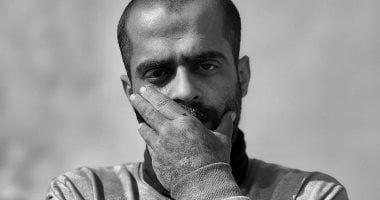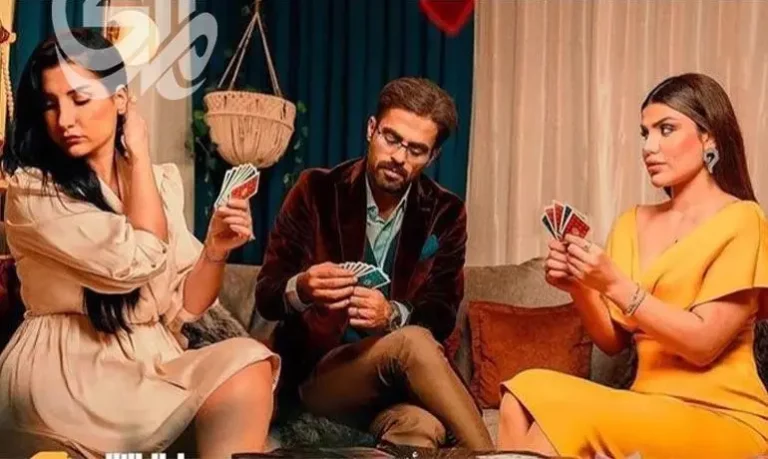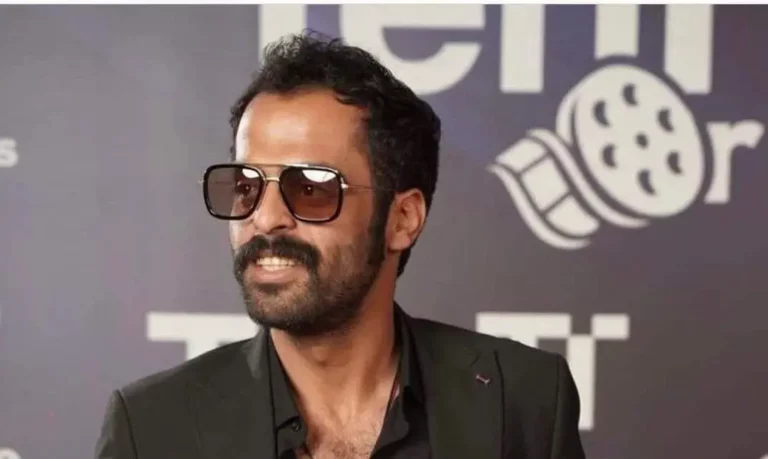The Iraqi actor Wissam Dyaa, who played the role of Taha in the movie “Hanging Gardens,” said that the work was his first cinematic starring, and that his first meeting with director Ahmed Yassin Al-Daraji was in one of the cafes, where they knew each other as a director and actor, and that after a full year of… In this meeting, Al-Daraji asked him to be one of the heroes of the film, but when he read the script for the first time, he was afraid to submit it because he lives in a society where expressing one’s opinion is not an easy thing, which made him fear for his family as well, until he reached an agreement with Al-Daraji to protect him from… Any effects resulting from his submission of the film, and then he began to participate in the film only to discover that the character he presented in the work is similar to his character in reality, as he is a young man who hides his desires and is afraid of his ambition and works in a difficult field like many young people in the Arab world.
Wissam pointed out that the character of Taha is that of a young man who feels guilty all the time, and the most difficult scene for him in the film was the confrontation scene between him and the child Asaad, because the child is well aware of what Taha is doing and understands his motives and fears, and the confrontation between them put Taha in front of his truth and formed the moment of explosion.
Wissam Diaa explained that the absence of a woman in the film is due to the nature of the place in which the film’s events take place, as it takes place in a woman’s place where she is marginalized and oppressed, adding that the character of Al-Hajji or “the Hajj” does not have to be real, but it is possible that he represents one of the parties or represents himself in the film. The story or deifies the viewer as he likes.
The film Hanging Gardens was screened at the Red Sea Festival. The festival’s jury in the second edition was chaired by international director and writer Oliver Stone, and artist Nelly Karim, along with Tunisian director Kawthar Ben Haniyeh, in addition to Georgian film director Levan Kogua Shvili, and finally Palestinian actor Ali Suleiman.
The festival showed 131 long and short films from 61 countries, in 41 languages, works bearing the imprint of a group of ancient names in the history of cinema, in addition to many young talents. It also hosted 34 premieres of international films, 17 premieres of Arab films, and 47 screenings. For films from the Middle East and North Africa.




